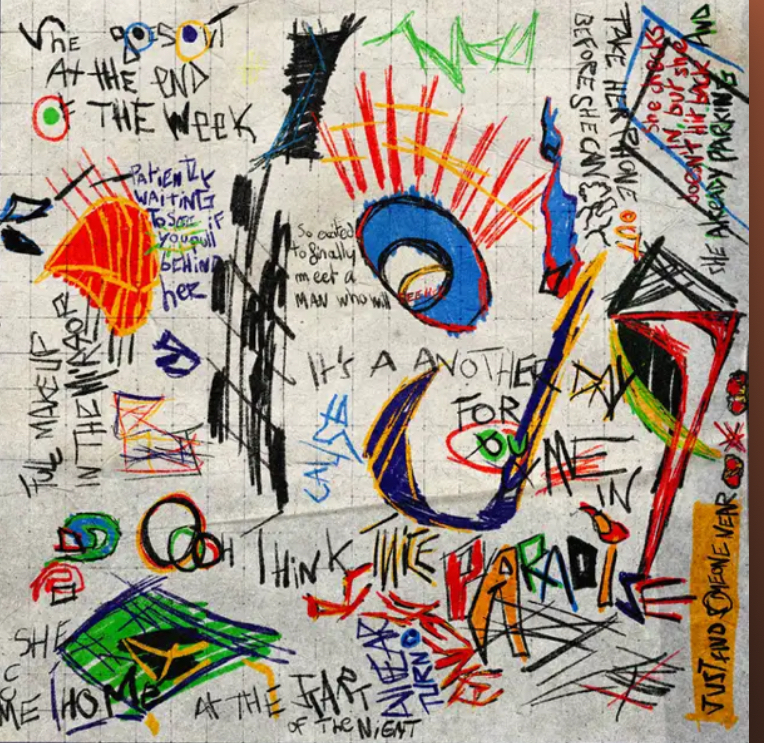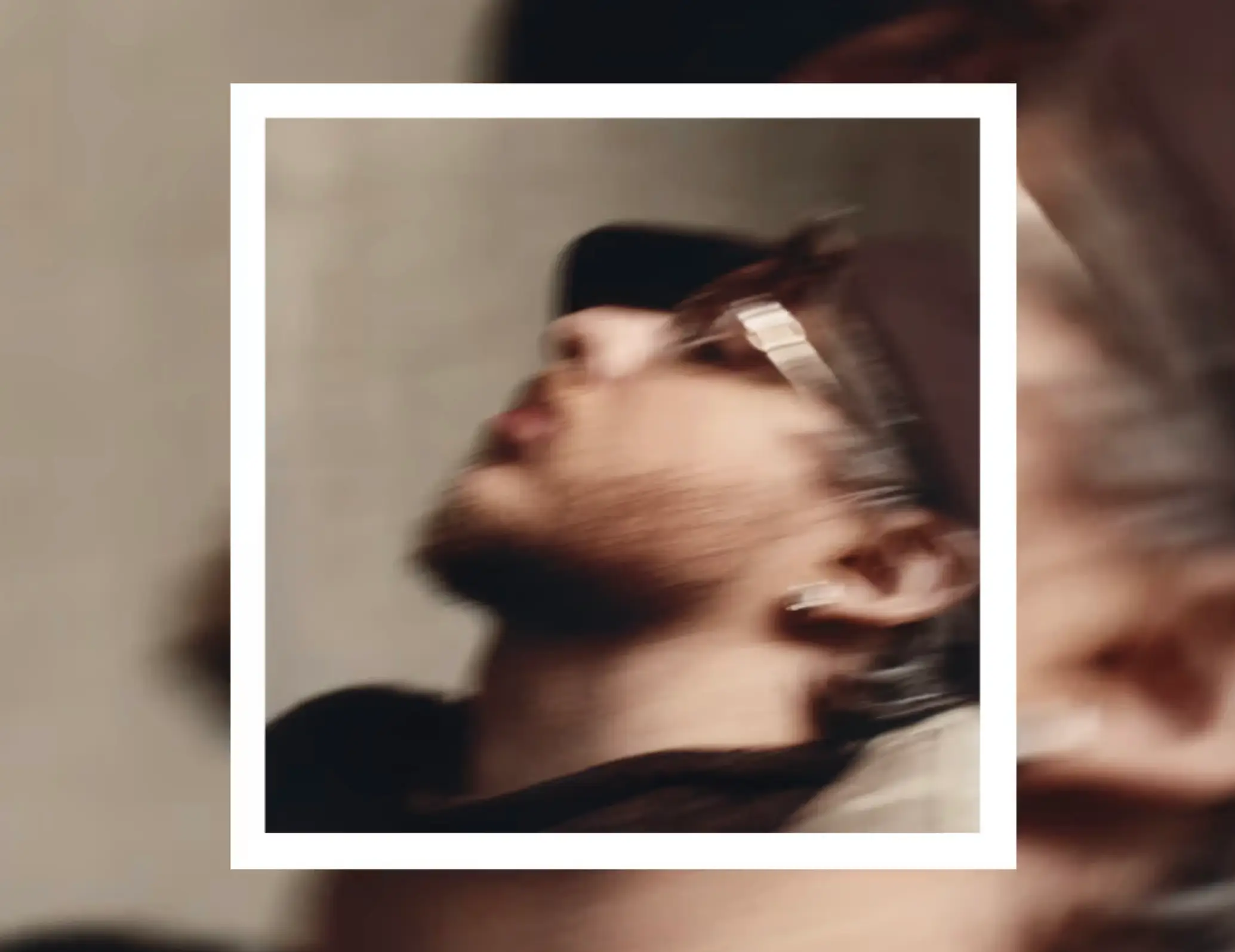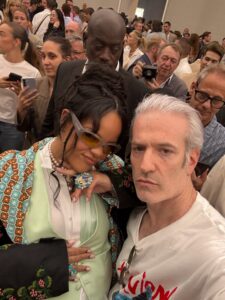When Phil Collins released “Another Day in Paradise” in 1989, it stopped people in their tracks. It was not a feel-good hit. It wasn’t made for dancing. It was a sobering, radio-friendly protest song—gentle in delivery, heavy in message. With soft keys and polished orchestration, Collins didn’t just tell a story—he pointed a finger.
Fast forward to 2025, and DJ Snake teams up with Bipolar Sunshine to release their own version of “Paradise”—not a cover, but a reimagined experience. It borrows the emotional gravity of the original but redirects its lens. The focus shifts from the streets to the psyche, from societal apathy to internal unrest. And in doing so, it reframes what “paradise” even means in a world that’s traded eye contact for screen time.
The Original: Phil Collins and the Power of Restraint
Released at the tail end of the ’80s, “Another Day in Paradise” struck a chord for what it didn’t do. It wasn’t loud. It wasn’t angry. It was solemn and composed—Collins’ gentle voice floating over soft electric piano, brushed snares, and atmospheric backing vocals from David Crosby. It sounded like a lullaby but carried the weight of a sermon.
The song opens with a woman pleading for help—homeless, invisible, cold—and follows with Collins’ indictment of indifference:
“Oh, think twice / ’Cause it’s another day for you and me in paradise.”
There’s no resolve. No savior. Just the stinging realization that comfort is often bought at the price of ignorance.
The orchestration reinforced this theme. The arrangement stayed understated. Sparse guitar, ambient synths, and methodical pacing. No dramatic swells. No cinematic arcs. Just an unflinching tone—simple, steady, brutal in its truth.
The Reimagining: Bipolar Sunshine and DJ Snake’s Emotional Shift
The 2025 version, simply titled “Paradise,” doesn’t depict a specific story. It internalizes the whole concept. Where Collins looked outward at a suffering world, Bipolar Sunshine turns the mirror around.
“Can’t feel the sun on my face, even when I’m on the beach.”
Here, paradise isn’t a privilege ignored. It’s an illusion you can’t feel, even when it surrounds you. Emotional numbness, overstimulation, identity burnout—these are the themes Bipolar Sunshine explores. His voice, smooth and vulnerable, doesn’t accuse. It aches.
DJ Snake’s production supports this shift masterfully. There’s no orchestral piano. No acoustic guitar. Instead: lo-fi synth textures, ambient pads, and a pulsing beat that feels more like a heartbeat than a hook. It’s club-ready, but not euphoric. It invites movement, but never joy.
The sonic DNA has changed. The emotional tension remains.
Lyrics: From Narrative to Interior
Phil Collins wrote in direct scenes. His lyrics are visual, literal. You see the woman on the sidewalk. You see the man ignoring her. It’s a song written like a camera shot—close-up, pullback, reveal.
Bipolar Sunshine’s lyrics abstract the pain. There are no named characters, no sidewalks. Instead:
“I’ve been walking through the noise just to hear myself again.”
“We’re calling this paradise… but we’re still lost.”
The suffering isn’t on the street—it’s inside the narrator. This lyrical transformation reflects a broader generational shift. In 1989, homelessness and neglect were issues demanding visibility. In 2025, the crisis is often internal—mental health, loneliness, identity fragmentation in a hyperconnected world.
One song demands empathy for others. The other pleads for self-understanding.
Tone and Atmosphere: Somber vs. Smeared
Collins’ track has a strong melodic spine. You can hum it easily. The structure is verse-chorus, with clear tonal direction. Its sadness is elegant and structured.
In contrast, DJ Snake and Bipolar Sunshine go ambient. The beat is subdued, echo-laden, and amorphous. The vocals are slightly buried in the mix—like the narrator isn’t sure he wants to be fully heard. The chorus arrives not with climax, but with drift. It’s haze instead of clarity. Rain instead of thunder.
This modern tone reflects the mood of an era. Where Collins’ world was black and white—wrong and right—this version admits: we don’t know how to feel anymore.
The Irony of the Title
Phil Collins used “paradise” with full irony. It was a dagger dressed as a lullaby. The world isn’t paradise, he says—unless you’re comfortable enough to ignore everything.
Bipolar Sunshine uses the same word, but the irony is existential. Paradise isn’t being denied—it’s being misidentified. We’ve convinced ourselves we’re in paradise. The vacation, the curated feed, the clean apartment. And yet, the disconnection persists.
In Collins’ version, paradise is a lie told by the privileged.
In the 2025 version, paradise is a lie told to ourselves.
Why This Matters Now
Bipolar Sunshine’s Paradise isn’t “better” than Phil Collins’. It’s not meant to be. It’s responding to it—almost 40 years later—with the burden of a different time.
The homelessness crisis Collins sang about hasn’t disappeared. But now it’s compounded by digital noise, personal isolation, and emotional fatigue. If Collins called out our indifference to the outside world, Bipolar Sunshine calls out our loss of connection to the inner one.
Both songs are slow burns. Both avoid overproduction. Both leave you with an ache. But where Collins’ ache is guilt, Sunshine’s is disassociation.
flow
There’s something powerful about the way “Another Day in Paradise” continues to evolve.
Phil Collins looked out his window and saw a woman no one would help. Bipolar Sunshine looks inside and sees a self he can barely reach.
Two different kinds of suffering.
Two different kinds of silence.
Two different reasons we can’t call this “paradise.”
The 2025 version doesn’t rewrite the message—it modernizes the wound.
And in doing so, it proves that even a title as overused as “Paradise” can still mean something. Can still hurt. Can still hold a mirror up to who we are—and who we’re trying to be.
No comments yet.








